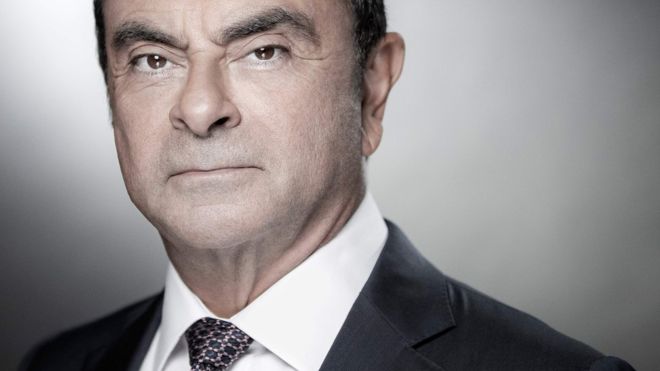
He was once a titan of the car industry who held hero status in Japan. He then became one of the country’s most well-known criminal suspects. Now he’s an international fugitive.
Carlos Ghosn, the multi-millionaire former boss of Nissan, spent months preparing to stand trial on financial misconduct charges. At least, that was what the Japanese authorities were led to believe.
He posted 1bn yen (£6.8m; $8.9m) in bail in April. He was monitored by a 24-hour camera installed outside his house. His use of technology was heavily restricted and he was banned from traveling abroad.
Then, in a move that left Japan red-faced and his own legal team baffled, he appeared in Lebanon on New Year’s Eve. “I have escaped injustice and political persecution,” he declared in a statement.
“We were completely caught by surprise. I am dumbfounded,” his lawyer, Junichiro Hironaka, told a crowd of reporters in Tokyo shortly after learning of Mr Ghosn’s flight. “I want to ask him, ‘How could you do this to us?'”
Another pressing question is: how did he do it at all?
One Lebanese TV channel – MTV – reported that Mr Ghosn had fled his court-approved residence in Tokyo with the assistance of a paramilitary group who were disguised amongst a band of musicians.
It said the band had performed at his house and, shortly after they had finished, the 65-year-old hid himself in a large musical instrument case which was then hurried to a local airport. If this really happened, it may have been a tight squeeze even for Mr Ghosn, whose height is reported at 5ft 6in (167cm).
According to the MTV story, he then flew to Turkey, before arriving in Lebanon on a private jet. The broadcaster provided no proof for this theory which, unsurprisingly, spread rapidly across social media.
But donning a spy-movie disguise is not beyond Mr Ghosn. In March, in a bid to throw journalists off his scent, he left prison disguised as a construction worker. He was quickly identified, mocked in the media, and his lawyer soon apologised for the “amateur plan”.

